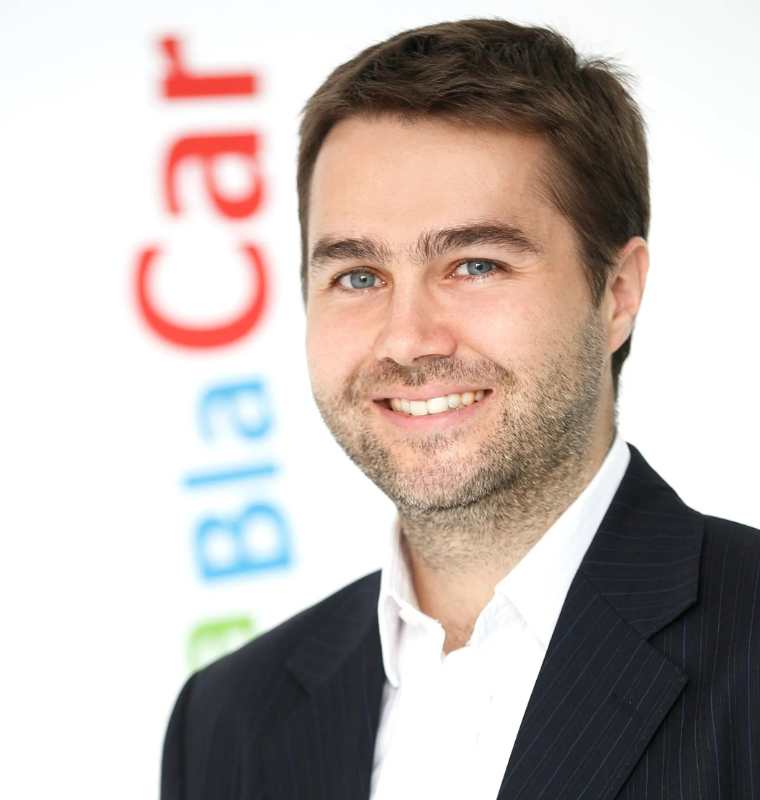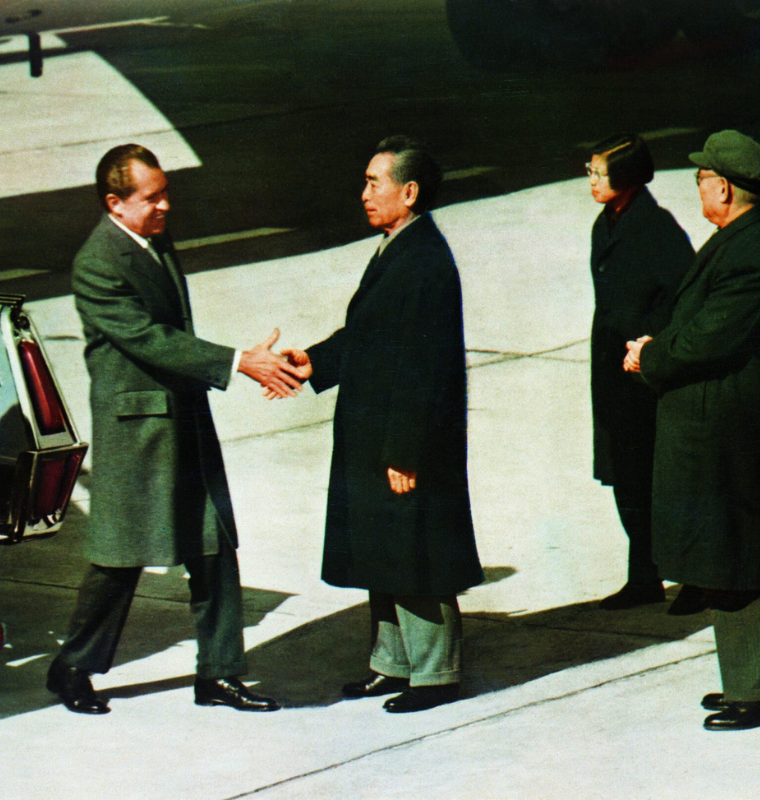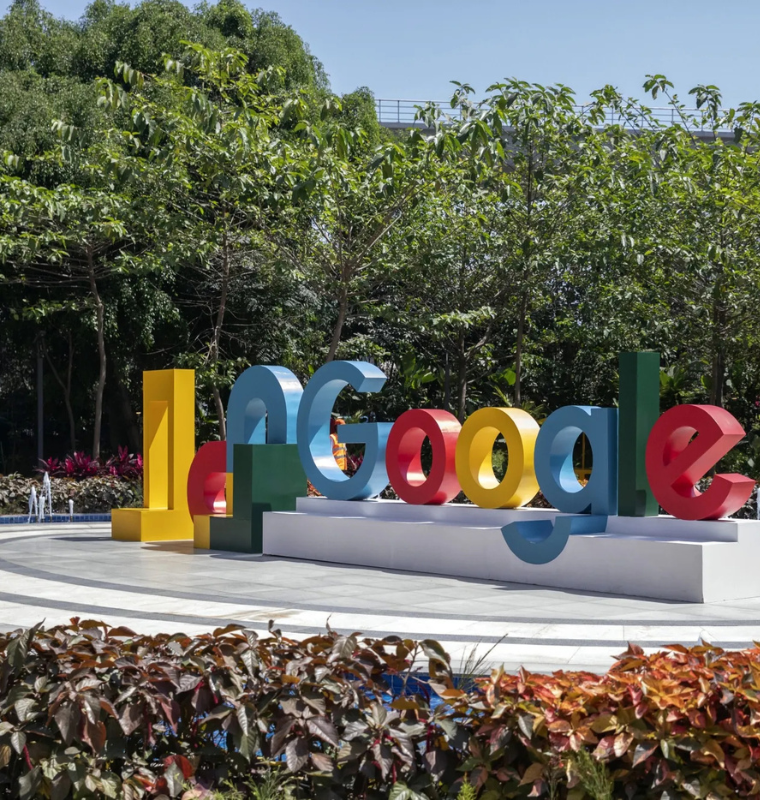Elon Musk Pushes for Federal Troops in San Francisco as Benioff Backtracks
Elon Musk Pushes for Federal Troops in San Francisco as Benioff Backtracks
By
Calder Monroe
Last updated:
October 14, 2025
First Published:
October 14, 2025
.jpg)
Photo: San Fransisco Chronicle
As San Francisco prepares to welcome tens of thousands of attendees for Salesforce’s annual Dreamforce conference, the city has become the center of a heated national debate on public safety. Over the weekend, Salesforce CEO Marc Benioff sparked controversy after suggesting he supported President Trump calling in federal troops to help address crime in the city.
In an interview with The New York Times, Benioff said, “We don’t have enough cops, so if they can be cops, I’m all for it.” His remarks touched a nerve, given the Trump administration’s recent deployments of the National Guard to Portland and Chicago, which triggered protests and lawsuits.
Hours later, Benioff appeared to soften his stance on social media, stating that public safety is “first and foremost, the responsibility of our city and state leaders.” However, the comments had already ignited a robust online conversation.
Musk Seizes the Spotlight
Tesla CEO Elon Musk, who moved to Texas from California but maintains significant business operations in the region, jumped into the debate, advocating for federal intervention. Musk described downtown San Francisco as a “drug zombie apocalypse” and argued that deploying troops is the only effective solution at this point.
Musk’s tech ventures in the area include his artificial intelligence startup xAI, which owns X, and Neuralink, which recently leased a large property in South San Francisco. While Tesla relocated its headquarters to Texas, its engineering office remains in Palo Alto, just south of San Francisco.
Musk amplified social media posts from Tom Wolf, a self-described “formerly homeless recovering addict,” who wrote that removing organized drug dealers would resolve 80% of the problem in the city. Musk shared Wolf’s post with his 227 million followers on X, fueling further discussion.
Local Leaders Push Back
City officials strongly opposed any federal troop deployment. San Francisco District Attorney Brooke Jenkins criticized Trump and Homeland Security Secretary Kristi Noem, asserting that turning public safety into federal enforcement could lead to government-sanctioned violence against citizens and ethnic groups.
Mayor Daniel Lurie highlighted positive trends, noting that crime has dropped 30% and tent encampments are at an all-time low. Lurie emphasized the importance of maintaining safety as Dreamforce draws tens of thousands of visitors for events, concerts, and Fleet Week activities.
Benioff later praised Lurie’s initiatives to increase police hiring and retain law enforcement, signaling support for local leadership while stepping back from his initial comments.
Tech Community Weighs In
The debate extended across the tech sector. Garry Tan, CEO of Y Combinator, wrote that bringing in the National Guard is unnecessary, but criticized local judges for being too lenient on crime, referencing former District Attorney Chesa Boudin. Tan argued that the city needs judges aligned with community safety expectations, noting that law enforcement and residents want drug dealers held accountable.
Dreamforce and Downtown San Francisco
Dreamforce, which began in 2003, is set to run from Tuesday through Thursday at the Moscone Center, taking over much of downtown San Francisco. With tens of thousands of tech professionals, investors, and media in attendance, the discussion about public safety is likely to remain in the spotlight throughout the conference.
As the city balances tourism, large-scale events, and public safety concerns, the comments from Musk and Benioff illustrate the broader tension between tech leaders, local authorities, and federal involvement in managing urban crime.
Popular articles
Subscribe to unlock premium content
The Experience Premium: Why People Spend Thousands on Moments, Not Things
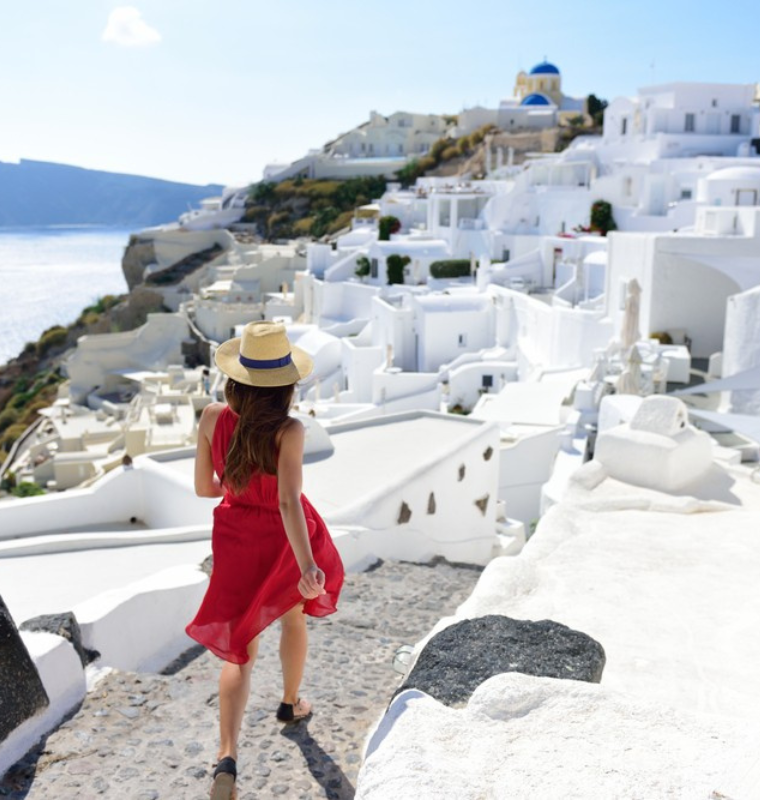
Countries With Weirdly High Happiness Levels That Defy Logic
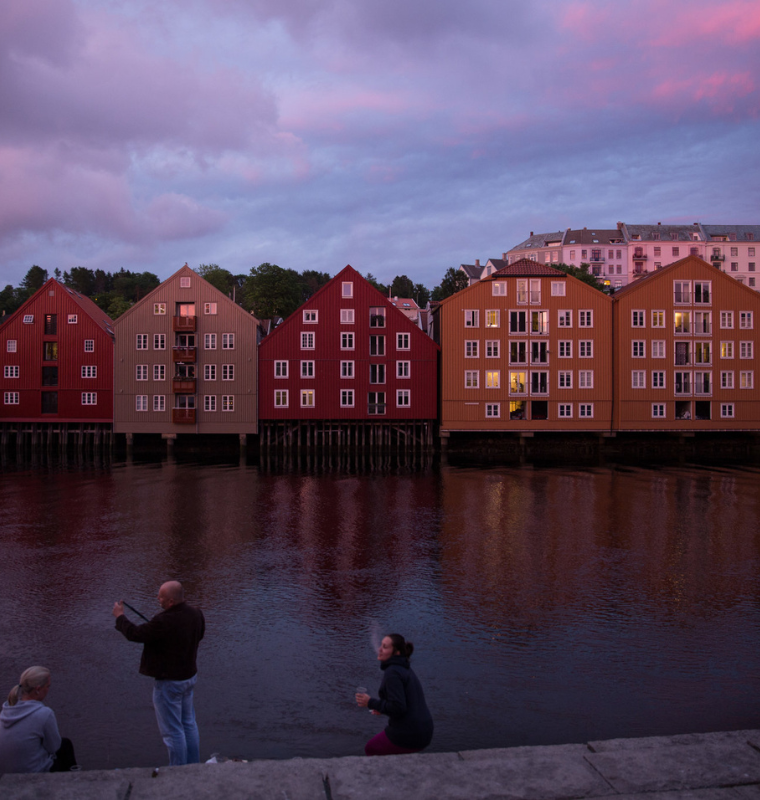
The Rise of Digital Detox Retreats and Their Unexpected Business Potential
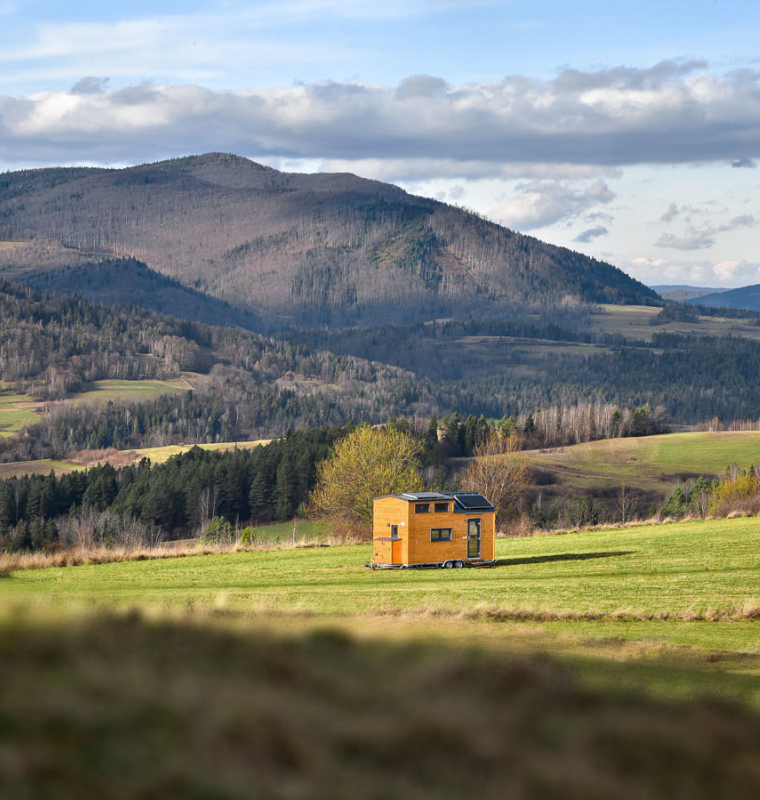
The Experience Premium: Why People Spend Thousands on Moments, Not Things

Countries With Weirdly High Happiness Levels That Defy Logic

The Experience Premium: Why People Spend Thousands on Moments, Not Things







